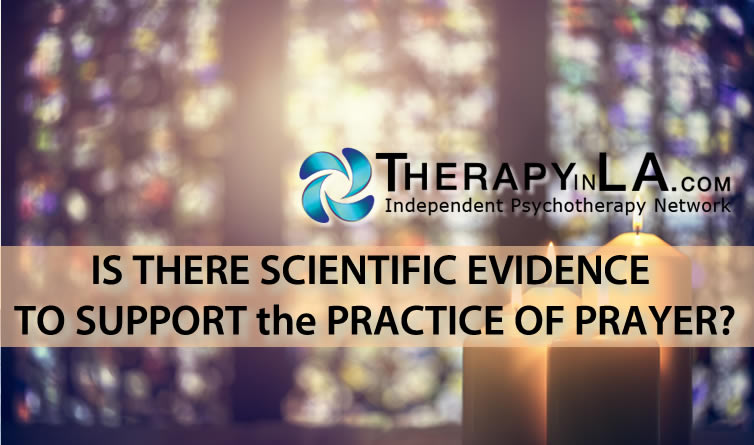IS THERE SCIENTIFIC EVIDENCE TO SUPPORT the PRACTICE OF PRAYER?
IS THERE SCIENTIFIC EVIDENCE TO SUPPORT the PRACTICE OF PRAYER?
In dealing with the COVID 19 pandemic, many people are turning to prayer. In the first stages of the pandemic, Google searches for prayer worldwide increased significantly (https://www.wsj.com/articles/the-science-of-prayer-11589720400?mod=hp_lead_pos10 ). A Pew Research Center survey in March found that “…. more than half of Americans had prayed to end the spread of the coronavirus.” At times of stress and feelings of being overwhelmed, people often do turn to some spiritual practice.
The limited research done on prayer demonstrates benefits that are similar to meditation: greater calm, quieting the fight or flight response (limbic system arousal, specifically in the amygdala), and reduced anger. There is also less reactivity to negative emotions.
Research done in 2005 compared spiritual meditation and secular meditation. Secular meditation involves a focus on breath or a nonspiritual word. Spiritual mediation focuses on a spiritual word or text. The two groups meditated for four weeks, 20 minutes a day. Spiritual meditation resulted in lower levels of anxiety and a more positive mood. A simple test of pain – putting a hand in ice water – showed almost twice the tolerance with spiritual meditation.
One way of conceptualizing this is that prayer helps create a feeling of emotional support, almost like handing off a heavy backpack for a while, after which it feels lighter when it’s picked up again. Prayer also encourages some sense of connection, whether it be to a higher power, a larger universe, or even other people who have prayed in the past.
Another study in 2004 demonstrated that people who experience a relationship with God as a partner had better health outcomes, both mentally and physically, than people who experience God as responsible for the outcomes in their lives. The latter tend to feel angry at God, or feel punished, or abandoned by God.
As therapists, each of us have our own spiritual beliefs or practices (or absence of them), and we are trained to respect the spiritual beliefs or practices of our clients. If spirituality is a significant part of a client’s life and efforts to cope with challenges, then we respect and support that part of a client’s life.
Alan M. Solomon, Ph.D. is a clinical psychologist in private practice in Torrance, CA. A member of the Independent Psychotherapy Network, he can be reached at 310 529-2772 or dralanms@gmail.com Telehealth sessions by phone or video call are available.
Copyright 2020 by Alan M. Solomon, Ph.D.

